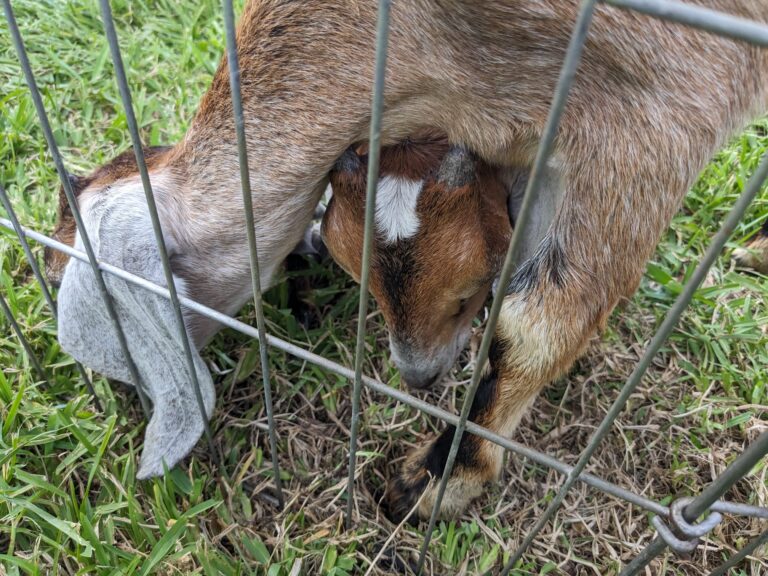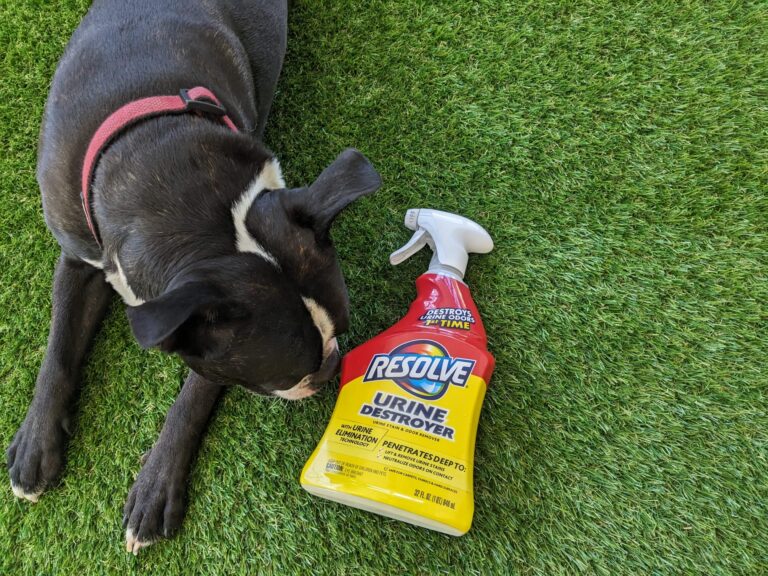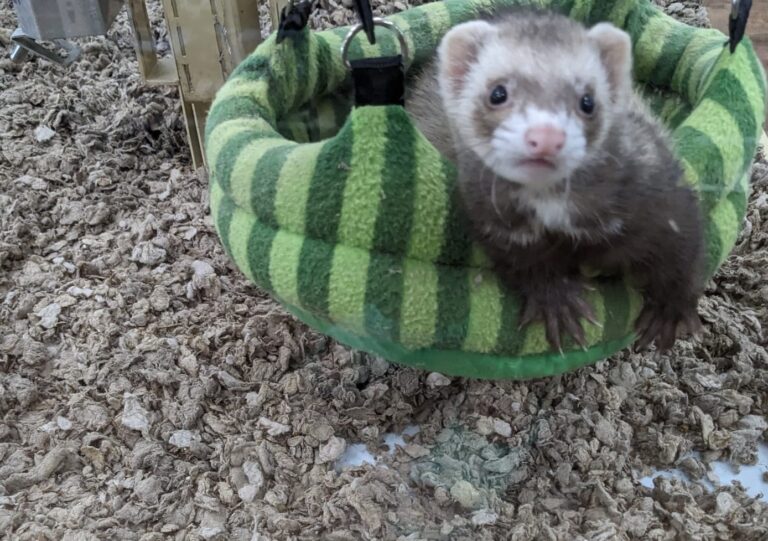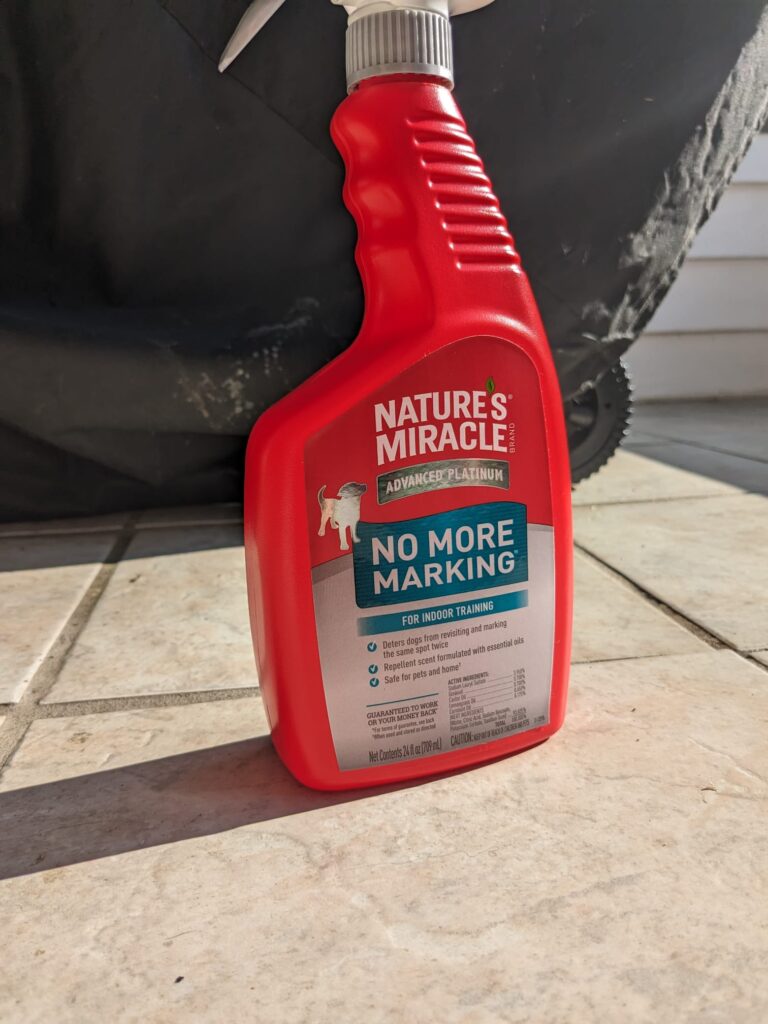Sustainable Pets, Bountiful Eggs: The Quail’s Eco-Friendly Charm
Keeping quails as pets can be a rewarding and enjoyable experience. Quails are small, hardy birds that are relatively easy to care for. Here’s all you need to know about them:
| Coturnix Quails | Button Quails |
| Among quail species, Coturnix quails are the most commonly kept as pets. They are favored for several reasons. First, they come in a delightful array of color patterns, which can add aesthetic diversity to your flock. Their small size, typically measuring about 6-8 inches in length, makes them manageable in terms of space and care. Quails typically have a lifespan of 2 to 5 years, depending on their care and the species. Coturnix quails are known for their docile and gentle nature, making them a great choice for families and individuals who prefer a peaceful and non-aggressive pet. Their calm disposition often means they can coexist harmoniously with other quails and even different bird species if housed together | Button quails, also known as Chinese Painted Quails, are another captivating option for quail enthusiasts. These charming birds are even smaller than Coturnix quails, characterized by their round bodies and adorable appearance. While they may be tiny, they compensate for their size with a high level of activity and sociability. Button quails are known for their active nature and tend to be quite social within their flock. Their small size and lively personalities can make them endearing and entertaining pets. Button quails also come in various color mutations, adding an element of intrigue for those who appreciate their unique beauty. Keeping quails as pets a rewarding and enjoyable experience |
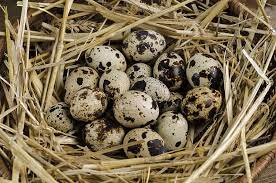
Quails are known for their low maintenance requirements. They don’t require complex care routines or extensive daily attention. This makes them an ideal choice for people with busy lifestyles or those new to bird-keeping. Quails’ small size, typically measuring 6-8 inches in length, makes them incredibly adaptable to smaller living spaces. Whether you live in an apartment or a cozy home, quails can comfortably fit into your environment. Quails, being small birds, have specific housing needs that prioritize their safety, comfort, and well-being. They don’t require extensive living spaces; a cage or enclosure with at least 1 square foot per bird is usually sufficient for them to move around comfortably and engage in their natural behaviors.
When designing their enclosure, it’s crucial to ensure that it’s secure with sturdy walls and a roof to prevent escapes or exposure to potential threats. Adequate ventilation is also essential to maintain a healthy environment, regulating temperature and humidity, while avoiding drafts that can harm their health. Quail enclosures should feature flooring options that protect their delicate feet, such as a solid bottom or wire mesh with appropriately sized gaps, combined with a layer of bedding material for added comfort.
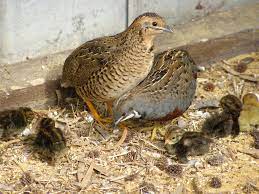
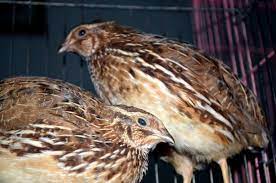
Whether you choose to keep quails indoors or outdoors, their habitat should offer protection from the elements. For outdoor enclosures, this includes shelter from rain and extreme temperatures, and safeguarding against potential predators through secure fencing or wire mesh that extends both above and below the ground. considering outdoor enclosures for quails, it’s highly recommended to opt for double steel cages with small mesh. This choice provides an extra layer of protection, especially against crafty predators like raccoons. Raccoons are known for their dexterity and ability to reach into enclosures, making them a significant threat to quails. The small mesh size helps prevent raccoons from reaching through and grabbing quails right out of their enclosure, ensuring the safety of your feathered friends. It’s a proactive measure that adds an additional level of security to your quail housing setup, giving you peace of mind as a responsible quail owner.
These birds are remarkably hardy and adaptable. They can withstand a variety of weather conditions and are less prone to common avian illnesses. Their robust nature means you won’t have to worry as much about their health. Quails are generally known for their docile and gentle temperament. They are not aggressive birds, making them suitable for families with children or individuals who prefer peaceful and non-confrontational pets. Quails thrive on social interactions. They are naturally sociable animals and tend to be happier when kept in pairs or small groups. Their interactions with each other are often endearing to observe, creating a sense of camaraderie within the flock.
Unique Egg Production
One of the standout features of keeping quails is their egg production. Female quails will lay eggs regularly, even in the absence of a male. These eggs are smaller and speckled, with a rich and unique flavor that many find appealing. Quail eggs offer numerous benefits and are nutritionally dense. They are rich in high-quality protein, essential vitamins (B1, B2, B6, B12), and important minerals (iron, zinc, phosphorus, selenium). Despite their smaller size, quail eggs are nutrient powerhouses, making them an excellent choice for those seeking a concentrated source of nutrition. They are also known for their potentially lower cholesterol content compared to chicken eggs, making them suitable for individuals concerned about cholesterol intake. Quail eggs have a unique, slightly richer flavor and can be used in various culinary applications, adding an elegant touch to dishes. Additionally, some individuals with egg allergies find they can tolerate quail eggs, offering an alternative for those with specific dietary needs. Incorporating quail eggs into your diet can provide valuable nutrients and enhance the flavor of your meals. However, it’s important to consume them as part of a balanced diet and consult with a healthcare professional or nutritionist for specific dietary considerations.
Quail Diet
Quails are omnivorous birds with a versatile diet that includes seeds, grains, insects, and greens. This diverse palate is a testament to their adaptability and can be mirrored in their captive diet to ensure their optimal health and well-being. To provide a balanced and nutritious diet for your quails, one option is to offer commercial quail feed. These feeds are specifically formulated to meet the dietary requirements of quails, ensuring they receive the essential nutrients they need for growth, energy, and overall health. Commercial quail feeds often come in pellet or crumble form, making them convenient to dispense and reducing waste. In addition to commercial feed, it’s a good practice to supplement their diet with fresh greens and vegetables. This not only provides variety but also introduces vitamins and minerals that may be lacking in processed feeds. Leafy greens like spinach, kale, and lettuce are typically well-received by quails. Fresh water is an absolute necessity for quails. It should always be readily available, as they need it for drinking and maintaining their overall health. Ensure that their water source is clean and changed regularly to prevent contamination and dehydration.
Maintaining the health of your quails is paramount to ensuring their well-being. Here’s a comprehensive overview of best practices and what to watch for:
1. Sanitary Living Conditions: Regularly cleaning the enclosure is vital to keep it sanitary. This involves removing droppings, soiled bedding, and ensuring that the living space remains dry and clean. Maintaining a clean environment helps prevent the proliferation of harmful bacteria and parasites.
2. Beak and Claw Care: Quails’ beaks and claws can sometimes overgrow. It’s essential to monitor these and trim them as needed to prevent overgrowth, which can lead to discomfort or even injury. Specialized tools are available for this purpose, but it’s advisable to learn the proper techniques or consult a veterinarian for guidance.
3. Vigilance for Signs of Illness: Quails, like all animals, can fall ill. Being attentive to signs of illness is crucial for their prompt care. Common signs of illness in quails may include:
Lethargy Quails typically have an active disposition, so any noticeable reduction in their activity levels can be a sign of illness.
Loss of Appetite If quails suddenly stop eating or significantly reduce their food intake, it’s cause for concern.
Respiratory Issues Labored breathing, coughing, or nasal discharge can indicate respiratory problems.
Changes in Droppings Keep an eye on the consistency, color, or frequency of their droppings. Any unusual changes can be a sign of gastrointestinal issues.
Feather Ruffling Quails will fluff up their feathers to conserve body heat when they’re not feeling well.
Isolation Sick quails may isolate themselves from the flock, seeking seclusion.
Swelling or Injury Watch for any visible injuries, swelling, or abnormalities in their physical appearance.
4. Prompt Veterinary Care: If you observe any of these signs or suspect that your quail may be unwell, seeking veterinary care is crucial. Quail health issues can escalate rapidly, so early intervention is essential for a better prognosis.
One compelling and believable reason to start growing quails as pets is the pursuit of a sustainable and self-sufficient lifestyle. In an era marked by a growing emphasis on sustainability and self-sufficiency, many individuals are turning to quails as unique and rewarding companions in their journey towards a more eco-conscious lifestyle. Quails offer a host of benefits that align perfectly with this philosophy. By keeping quails as pets, you can actively participate in sustainable food production. These birds are prolific egg layers, and their eggs are not only nutritious but also have a smaller environmental footprint compared to larger poultry. Quail eggs require less feed, water, and space, making them an efficient and sustainable source of fresh, protein-rich nutrition. Furthermore, quail droppings are an excellent natural fertilizer, enriching your garden soil and reducing the need for chemical fertilizers. This closed-loop system not only benefits your plants but also contributes to a healthier, more sustainable environment. Quails are relatively low-maintenance and can be kept in smaller spaces, making them accessible to urban dwellers and those with limited backyard space. Their gentle disposition and unique personalities make them enjoyable and educational pets for families and individuals interested in self-sufficiency and sustainable living. Overall, raising quails as pets aligns with the modern desire for a greener, more sustainable, and self-reliant lifestyle while providing you with a delightful and eco-friendly addition to your household.

